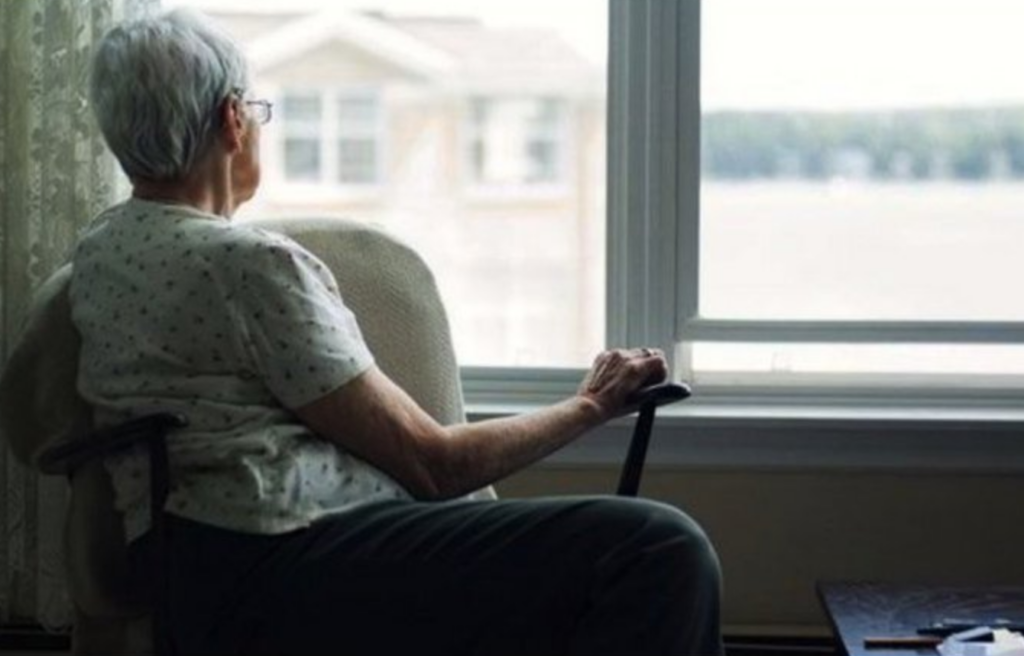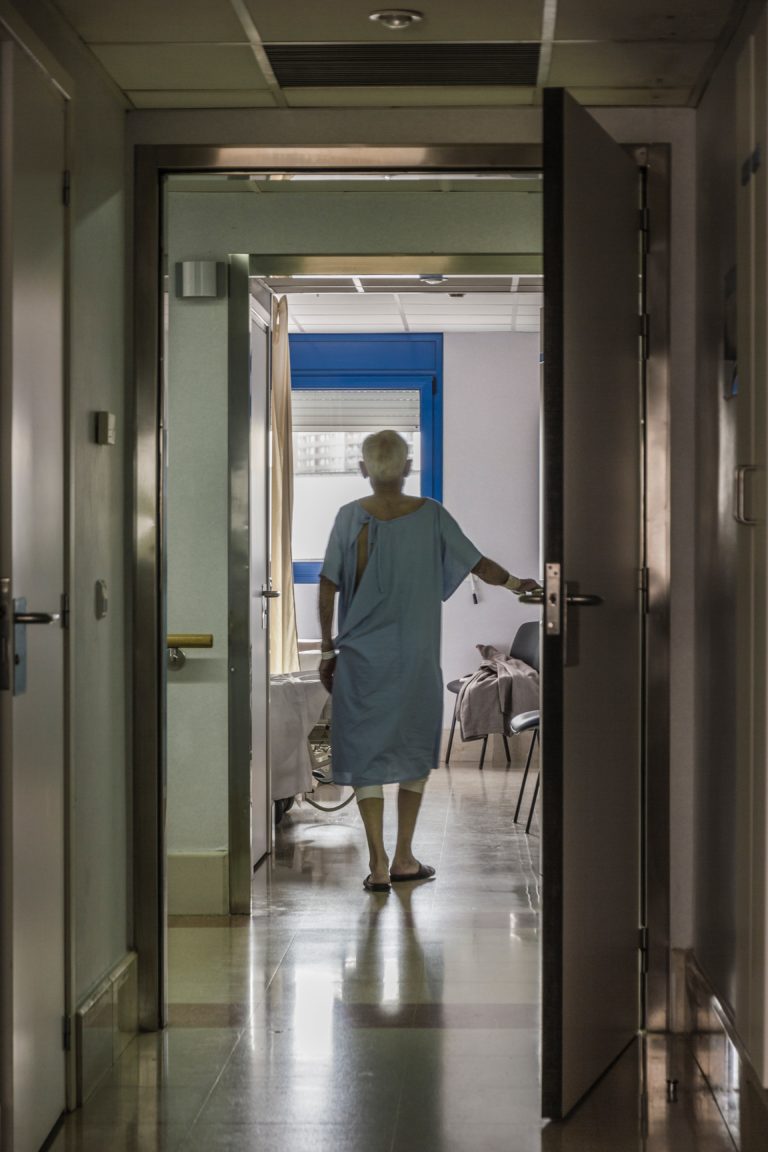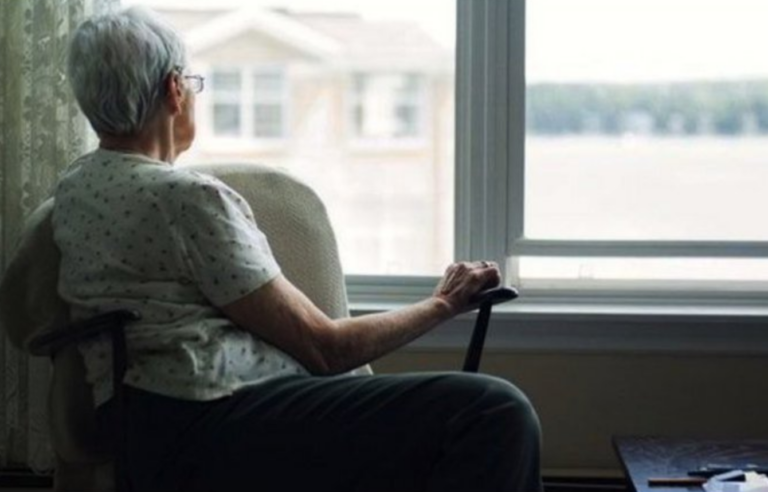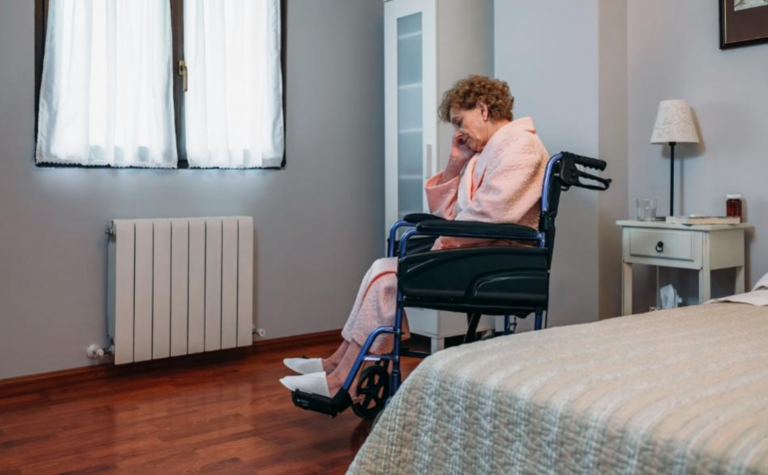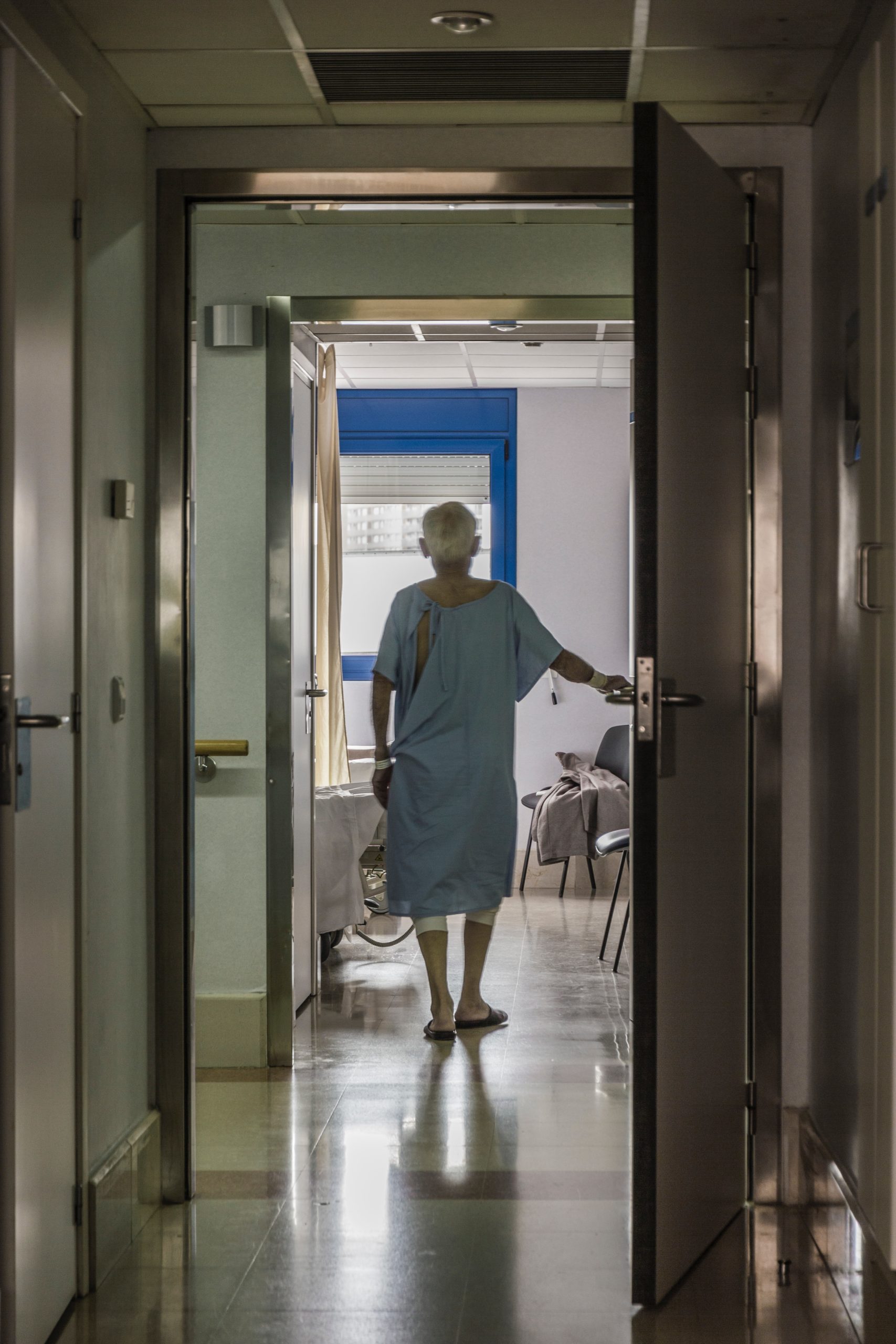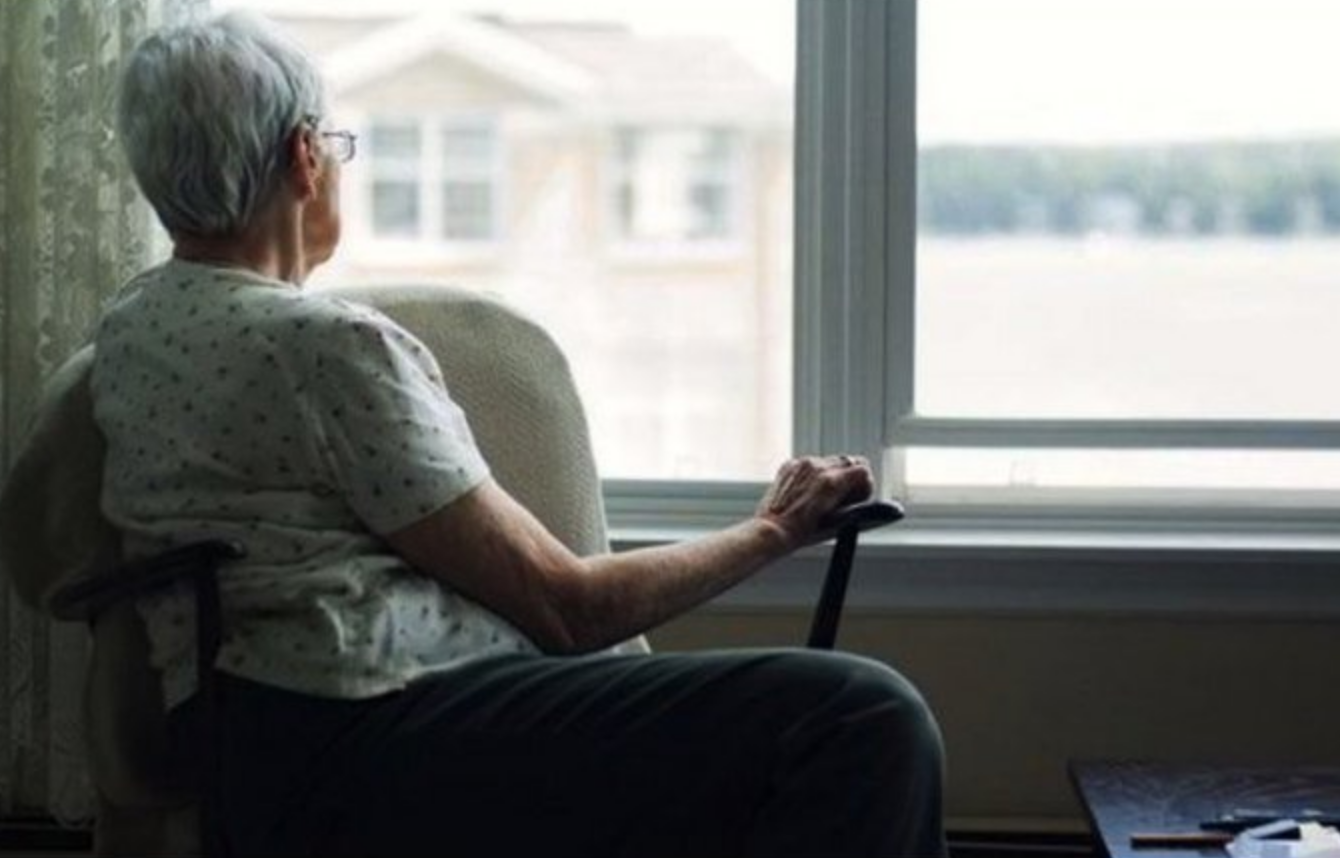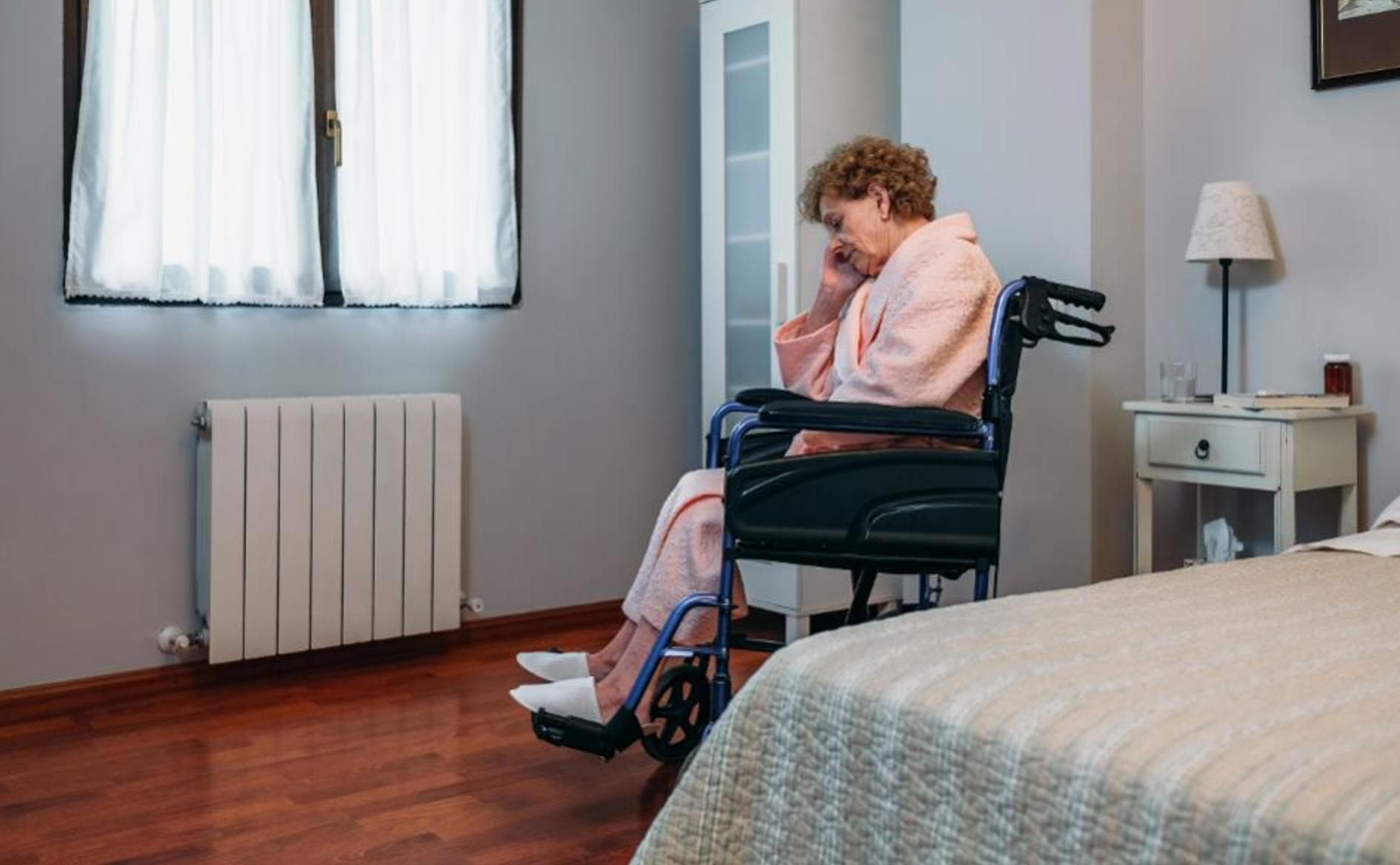The Justice Centre filed a judicial review application in Divisional Court against the Ontario government on August 20, 2020, on behalf of Mafalda Maione and Barbara Mills, both elderly residents of long-term care homes, and their daughters who are their caregivers. The lawsuit claims that the government infringed their Charter rights to life, liberty and security of the person, and asks the court to review the government’s decision to keep family and private caregivers locked out of long-term care homes. Residents had been kept in their rooms, isolated from family members, and deprived of the care and supervision of loved ones for, at that point, more than five months. Both Mrs. Maione and Mrs. Mills suffered cognitive and physical decline due to a lack of care from their loving family members or private caregivers, who provide essential care that short-staffed homes do not.
The Justice Centre’s application for judicial review was served on the government’s lawyers and scheduled for a preliminary court hearing on September 11 to determine whether it was urgent, since the courts were mostly closed at that time. Just prior to the hearing, the government announced new visitor guidelines which confirmed the right of residents to designate two essential caregivers who would be given access at all times, even during an outbreak.
Both of our clients were able to resume their caregiving activities for the most part, although they remained subject to arbitrary limits and restrictions. As time goes on, the failure of the government to put this entitlement to caregiver access into a mandatory Directive is once again causing problems, as some long-term care homes view the non-mandatory and conflicting guidance as a loophole to shut out family caregivers, particularly when there is an outbreak. Experts have noted that, with the protective equipment and infection control protocols that caregivers are using, it is safe and necessary for essential caregivers to have access to their loved ones. The consequences of keeping them out over the first six months of the pandemic were devastating to many residents.
“We are updating our evidentiary record with these new developments and will be serving our materials on the government immanently to move forward with a review of their decision not to specifically order this requirement, leaving residents once again subject to grave harm from the loss of access to their essential care providers,” states Justice Centre lawyer Lisa Bildy.
Essential family caregivers are not casual visitors. They, along with private duty caregivers they hire when the family cannot be present, provide necessary care to elderly or vulnerable relatives in long-term care homes, and have always been considered an important part of the health care team. Many volunteer 10-20 hours per week or more, saving on staffing costs and providing supplementary care like feeding, bathing and caring for their family member. When the COVID-19 lockdown began in March, the Chief Medical Officer of Health, Dr. David Williams, issued an order denying all visitors access to long-term care homes, even essential family and private caregivers. Over the next six months, Dr. Williams issued a series of confusing and conflicting instructions to long-term care homes that resulted in family and private caregivers continuing to be shut out.
Prior to the lockdown, Mrs. Maione was dealing with the effects of two recent strokes and advanced dementia, and her private care included help with feeding, fall prevention, toileting, personal care, physical therapy, memory support, calming her anxiety, and communicating her needs to staff, which was especially important since her primary language is Italian. As a result of the lockdown, Mrs. Maione went from having 15 hours per day of one-on-one support (either from her daughter or hired private caregivers) down to zero. As the lockdown progressed and her isolation and neglect increased, her daughter noted that Mrs. Maione became a shell of her former self.
Mrs. Mills’ daughter, Susan, spent approximately 20 hours per week before the lockdown providing one-on-one care to her mother. This included feeding (which required slowing her Mom’s eating down to avoid choking), personal care, memory support, cognitive exercises, calming her anxiety and articulating her mother’s needs to staff. After Mrs. Mills broke her hip last September, Susan was assisting her with daily physiotherapy exercises. This stopped with the lockdown and Susan was advised that her mother would no longer receive any physiotherapy to stand or walk.
When the lockdown began, Susan started going to the care home for daily window visits to try and provide some social contact for her mother. Susan noted a dramatic physical and mental decline in her mother over the six months her mother was isolated. There were days when Mrs. Mills did not recognize her daughter, and other days when Susan had to implore her mother not to give up, as she appeared to have lost the will to live.
The Ford government was aware for many months of the increasing harm to the elderly from isolation and neglect, and from not receiving the care and oversight of family caregivers. The government had also been made aware that the order was unclear and that long-term care homes were keeping family and private caregivers out as a result. The government had the power throughout to issue clear, mandatory instructions that would apply to all long-term care homes, but refused or failed to do so.
The Justice Centre served a legal demand letter on the Ford government on July 17, 2020, highlighting these concerns and providing a proposal to avoid a court action, but received no response. Other experts and advocates argued strenuously that essential family caregivers should be allowed back in, even during an outbreak, as long as infection control procedures were adhered to. The government failed to respond.
The Justice Centre will argue in its court case that the government’s actions unjustifiably infringed the Charter rights of residents in long term care to life, liberty and security of the person.


